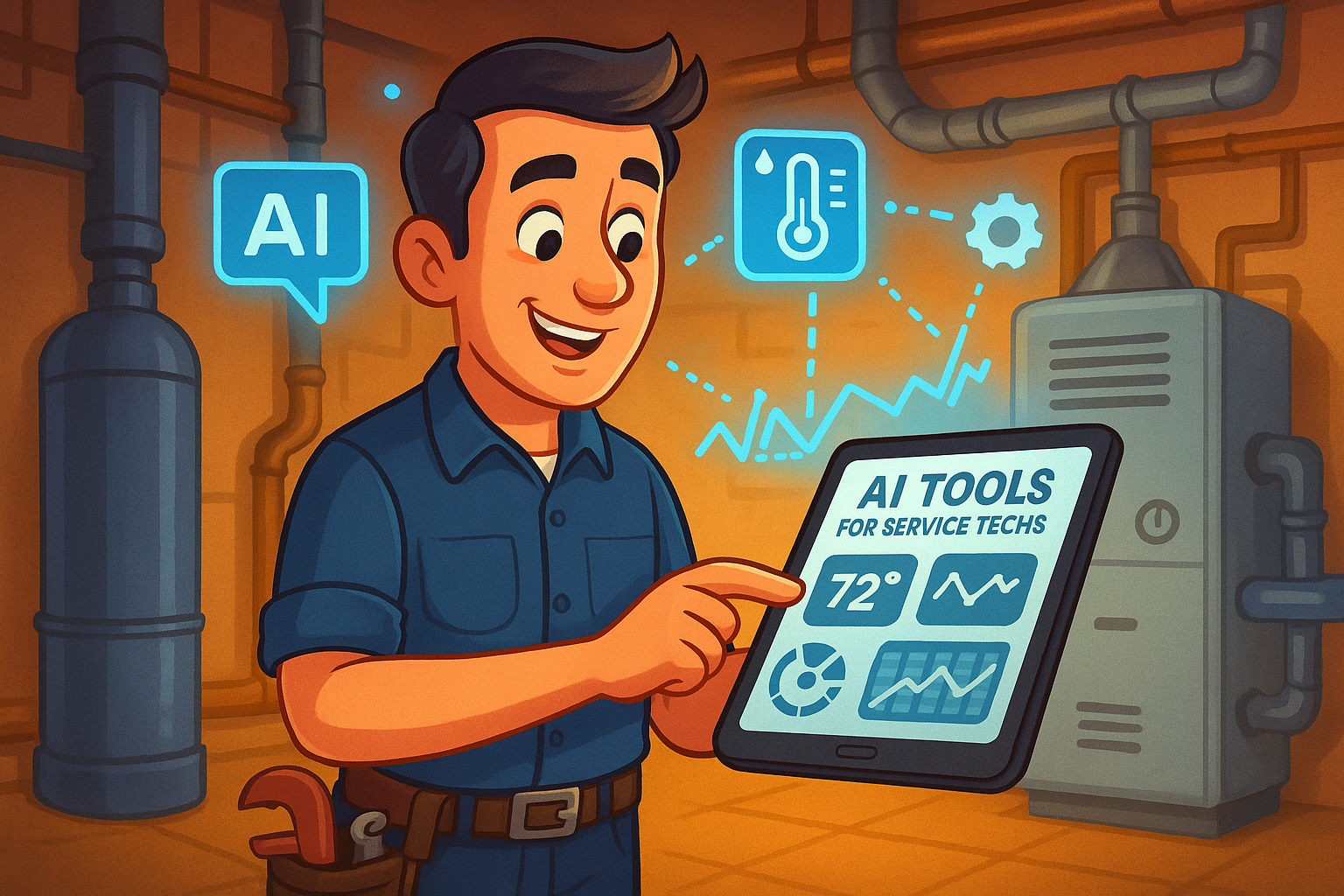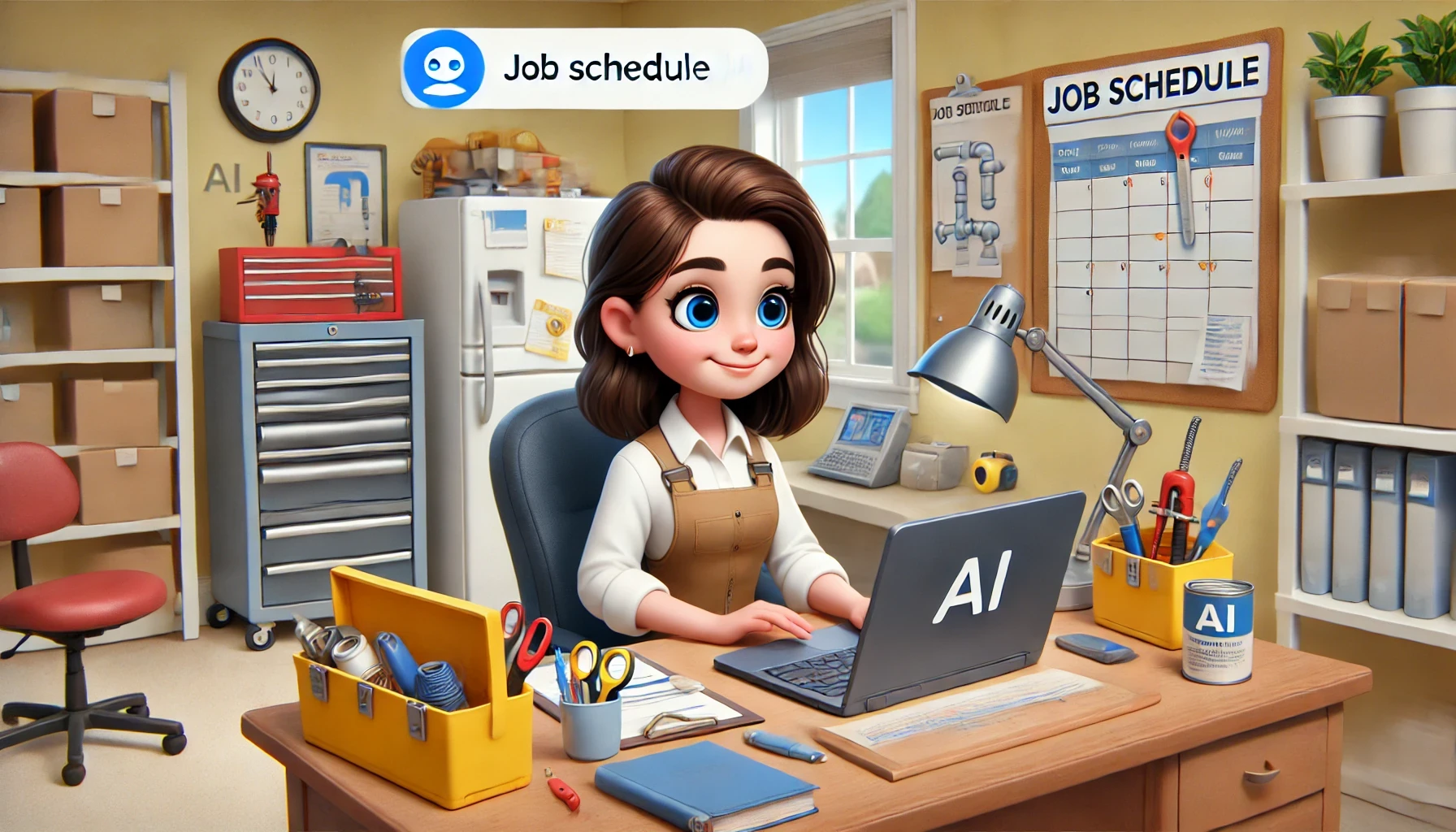For years, Google Search has been the go-to tool for finding information. Whether you need quick answers, in-depth research, or step-by-step instructions, Google provides instant access to a vast amount of knowledge. But with the rise of AI tools like ChatGPT, a new way of searching for information is emerging—one that doesn’t require sifting through multiple websites or clicking endless links.

Instead of simply finding results, ChatGPT delivers direct, conversational answers tailored to your specific question. It can summarize complex topics, generate creative ideas, and even assist in problem-solving—all without leaving the chat window. But does this mean AI is replacing traditional search engines? Not exactly.
Google and ChatGPT serve different purposes, and knowing when to use one over the other can save you time and frustration. Let’s take a deeper look at their strengths and weaknesses to determine which tool is best for different types of searches.
Speed vs. Accuracy: The Trade-Off
When it comes to speed, both Google and ChatGPT are incredibly fast—but how they deliver results is completely different. Google provides thousands of results instantly, but that means the user has to scan multiple sources, click on different links, and piece together the right information. While this can be great for finding official sources or news articles, it can also be overwhelming if you’re just looking for a simple answer.
ChatGPT, on the other hand, gives you an answer instantly—no clicking required. Instead of a long list of links, it generates a direct response based on its training data, making it much more conversational and accessible. But this speed comes with a downside: accuracy isn’t always guaranteed. Unlike Google, which pulls from indexed websites in real time, ChatGPT generates responses based on past data, meaning it can’t verify new information or provide real-time updates.
So, if you’re looking for the latest news, real-time stock prices, or scientific research, Google is still the better option. But if you need a quick summary, an explanation of a complex topic, or a structured response without endless scrolling, ChatGPT is the way to go.
Customization and Context: Why AI Feels More Human
One of ChatGPT’s biggest advantages over Google is its ability to personalize responses. If you ask Google a question, you’ll get the same search results as everyone else. But ChatGPT adapts to your request, allowing you to refine the answer with follow-up questions.
For example, if you ask Google, “What is machine learning?” you’ll get a variety of links to articles, research papers, and Wikipedia pages. But if you ask ChatGPT the same question, it will generate a simplified explanation directly in the chat. More importantly, you can follow up with, “Explain it to me like I’m five,” or “Give me a real-world example,” and ChatGPT will customize the response to your level of understanding.
This makes ChatGPT an excellent tool for learning new concepts, breaking down complex ideas, or brainstorming solutions without having to sort through multiple web pages. However, because ChatGPT doesn’t cite sources the way Google does, it’s still wise to double-check information for accuracy—especially when using it for professional or academic research.
Which One is Better for Research?
If you’re diving into deep research, Google is still king. With Google, you can verify sources, compare different perspectives, and pull information from credible websites, scientific journals, or government databases. It allows for a broader exploration of a topic, which is crucial when you need well-rounded, fact-checked information.
ChatGPT, on the other hand, is better for summarizing large amounts of information quickly. Instead of reading multiple articles, you can ask ChatGPT to break down key points or give you a quick overview of a topic. This makes it useful for researchers or students who need a starting point before diving into deeper analysis.
A good approach is to use them together:
- Start with ChatGPT for a quick summary or an easy-to-understand explanation.
- Use Google to fact-check, verify sources, and gather in-depth information.
Creativity and Content Generation: Where AI Wins
While Google helps you find information, ChatGPT can create content from scratch. If you need to write an email, generate a blog post outline, draft a social media caption, or brainstorm ideas, ChatGPT is far more useful than Google Search.
Google can show you examples of similar content, but it won’t generate original text for you. ChatGPT, on the other hand, can produce fully written drafts in seconds, making it an excellent tool for writers, marketers, and business owners who need creative support.
That being said, AI-generated content should always be reviewed and refined, as ChatGPT doesn’t always get the tone or details perfect on the first try. But for brainstorming and content planning, it’s an incredibly valuable tool.
So, Which One Should You Use?
Instead of thinking of ChatGPT vs. Google Search as a competition, think of them as tools that complement each other.
- If you need real-time information, fact-checking, or deep research, Google is still your best bet.
- If you want quick explanations, summarized insights, or help with creative work, ChatGPT is the way to go.
The smartest approach? Use them together. ChatGPT can give you a fast and easy-to-understand answer, and Google can help verify that information with credible sources.
Both tools have their place, and the more you understand their strengths, the better you can use them to your advantage.
What do you think? Do you use ChatGPT more than Google Search? Let me know in the comments! 🚀



